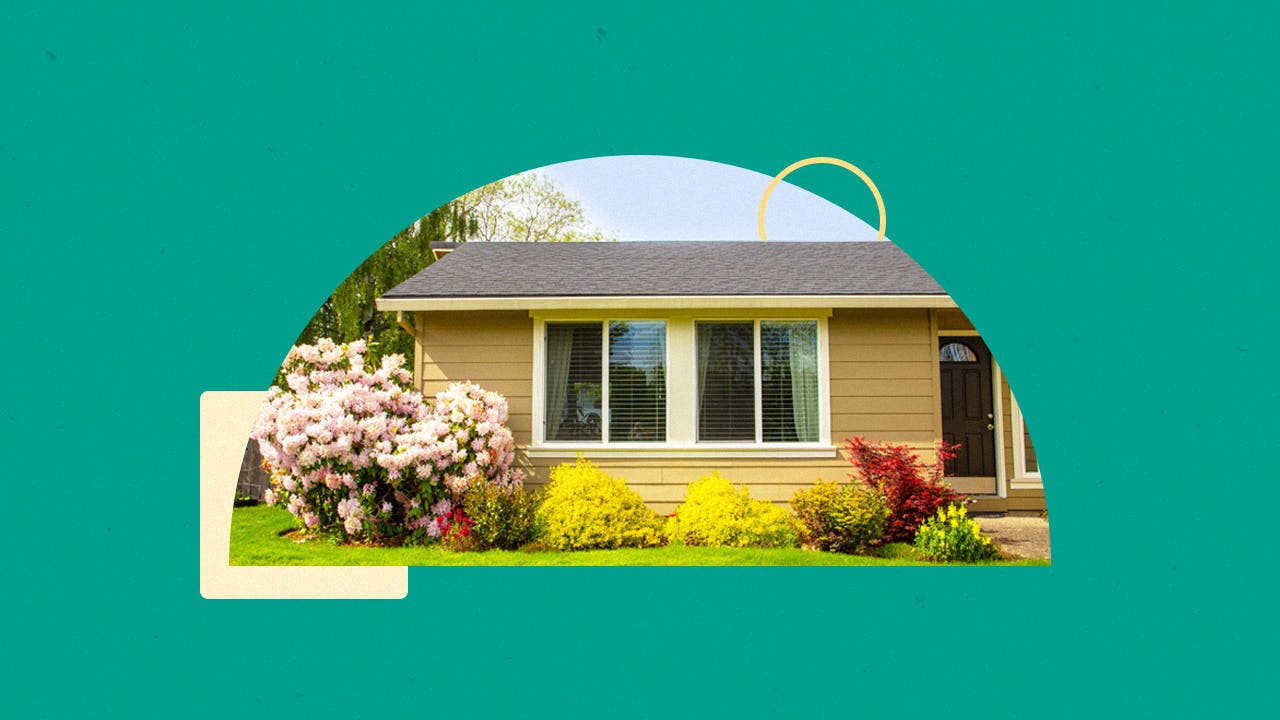A Guide to Help You Purchase Reverse Mortgage for Your Retirement Plan
A Guide to Help You Purchase Reverse Mortgage for Your Retirement Plan
Blog Article
Unlock Financial Freedom: Your Overview to Buying a Reverse Home Mortgage
Comprehending the intricacies of reverse home loans is essential for house owners aged 62 and older seeking monetary freedom. This special financial instrument makes it possible for senior citizens to utilize their home equity, transforming it right into accessible money for numerous requirements, from medical care to way of living enhancements. Navigating the eligibility expenses, advantages, and criteria can be complicated. As you consider this alternative, it is important to realize not just how it works however additionally the implications it may have on your monetary future. What are the crucial factors you should weigh before making such an impactful decision?
What Is a Reverse Home Loan?

The essential allure of a reverse home loan exists in its prospective to boost financial adaptability throughout retirement. House owners can use the funds for numerous objectives, consisting of medical costs, home improvements, or daily living costs, therefore supplying a safeguard during a critical point of life.
It is important to understand that while a reverse home mortgage enables raised cash money circulation, it also reduces the equity in the home over time. As interest collects on the superior lending balance, it is crucial for possible borrowers to thoroughly consider their long-lasting monetary strategies. Consulting with an economic expert or a reverse home mortgage specialist can offer important insights into whether this choice lines up with an individual's monetary goals and situations.
Eligibility Demands
Comprehending the eligibility demands for a reverse home loan is important for house owners considering this monetary option. To qualify, applicants have to go to the very least 62 years of ages, as this age requirement enables senior citizens to access home equity without monthly mortgage settlements. In addition, the homeowner must occupy the house as their key residence, which can consist of single-family homes, specific condominiums, and manufactured homes fulfilling details standards.
Equity in the home is an additional necessary need; home owners normally need to have a significant amount of equity, which can be established via an evaluation. The amount of equity available will straight affect the reverse mortgage quantity. Candidates must show the ability to keep the home, including covering property tax obligations, homeowners insurance policy, and maintenance expenses, ensuring the building remains in excellent condition.
In addition, potential consumers should undergo a monetary analysis to assess their revenue, credit report, and general economic situation. This evaluation aids lending institutions identify the applicant's capacity to meet continuous responsibilities associated with the home. Fulfilling these requirements is important for protecting a reverse home mortgage and guaranteeing a smooth economic change.
Advantages of Reverse Mortgages
Various advantages make reverse home mortgages an enticing option for senior citizens seeking to boost their financial flexibility. purchase reverse mortgage. One of the main benefits is the capacity to transform home equity right into cash money without the demand for month-to-month home mortgage settlements. This attribute allows seniors to accessibility funds for different demands, such as clinical costs, home enhancements, or daily living prices, thus minimizing economic stress
Additionally, reverse home mortgages give a safety and security web; senior citizens can remain to live in their homes for as lengthy as they fulfill the finance demands, promoting stability throughout retired life. The earnings from a reverse mortgage can additionally be made use of to delay Social Security advantages, possibly resulting in greater payments later.
Furthermore, reverse home mortgages are non-recourse financings, indicating that customers will never ever owe greater than the home's worth at the time of sale, securing them and their heirs from economic obligation. The funds obtained from a reverse home loan are usually tax-free, adding an additional layer of monetary alleviation. Generally, these benefits setting reverse mortgages as a functional solution for senior citizens looking for to enhance their economic situation while keeping their cherished home atmosphere.

Fees and expenses Included
When taking into consideration a reverse mortgage, it's necessary to recognize the various costs and charges that can affect the total economic picture. Understanding these costs is vital for making an educated choice about whether this financial product is best for you.
One of the main expenses connected with a reverse home mortgage is the source cost, which click here for more can differ by lending institution yet generally ranges from 0.5% to 2% of the home's appraised value. Furthermore, property owners must expect closing expenses, which may include title insurance coverage, evaluation charges, and credit score record costs, typically amounting to several thousand bucks.
An additional substantial expenditure is home loan insurance coverage premiums (MIP), which safeguard the lender against losses. This fee is generally 2% of the home's worth at closing, with a continuous annual premium of 0.5% of the remaining loan equilibrium.
Last but not least, it's vital to take into consideration recurring expenses, such as real estate tax, property owner's insurance, and upkeep, as the consumer stays in charge of these expenses. By meticulously examining these expenses and fees, homeowners can much better examine the financial effects of going after a reverse mortgage.
Steps to Get Going
Starting with a reverse mortgage includes numerous essential actions that can help enhance the process and ensure you make educated decisions. Initially, assess your monetary scenario and identify if a reverse home loan aligns with your long-lasting objectives. This consists of reviewing your home equity, current financial obligations, and the need go to this website for added income.
Next, research study numerous lending institutions and their offerings. Look for credible establishments with favorable reviews, transparent fee structures, and competitive rate of interest. It's vital to compare terms and conditions to locate the best fit for your requirements.
After choosing a loan provider, you'll need to finish a detailed application process, which commonly requires documentation of income, assets, and home details. Engage in a counseling session with a HUD-approved counselor, who will certainly give understandings right into the effects and duties of a reverse home loan.
Final Thought
In verdict, reverse home mortgages present a viable choice for seniors looking for to improve their economic stability during retired life. By converting home equity right into available funds, homeowners aged 62 and older can address different financial requirements without the pressure of regular monthly settlements.
Comprehending the intricacies of reverse home mortgages is important for home owners aged 62 and older seeking economic freedom.A reverse home loan is an economic product created primarily for house owners aged 62 and older, permitting them to convert a section of their home equity into cash money - purchase reverse mortgage. Consulting with a financial consultant or a reverse home mortgage specialist can supply beneficial insights right into whether navigate to this site this alternative aligns with a person's economic goals and scenarios
In addition, reverse mortgages are non-recourse finances, implying that debtors will certainly never ever owe more than the home's value at the time of sale, shielding them and their heirs from monetary obligation. On the whole, these benefits position reverse mortgages as a useful remedy for elders seeking to improve their financial situation while maintaining their treasured home atmosphere.
Report this page